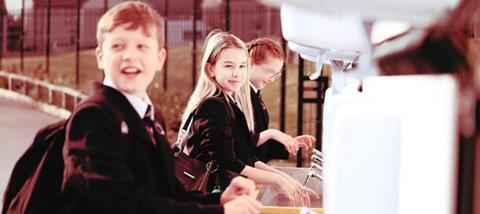
There is very little about life as we knew it pre-March 2020 that is still happening and, despite a prevailing feeling among many that we’re all a bit sick of the impact that COVID-19 has had so far, there is, without a doubt, more change to come. We always were living through history because that’s how time works, but this is a period of time that will surely be studied closely.
Senior leaders in schools have worked harder than ever before to get school buildings ready, to prepare teachers and support staff, to make significant changes to the way learning is organised (such as year-group bubbles) and resourced. Along with implementing a ‘recovery curriculum’, new sanitisation regimes, systems to manage break times and lunches, risk assessments and plans for ‘bubble closure’, it’s no wonder that after just a few weeks of term, everyone in schools is exhausted by the stress of the new routine.
And of course, very few schools are welcoming visitors. Some are asking for one-to-one therapeutic work to take place in an appropriately sized space, using face masks and either a visor or a six-foot clear plastic shield. Those I know with a therapeutic role in schools have a mixed response to this – some are keen to resume the work, others with health complications are much more cautious. Meanwhile most Christian work, such as delivering assemblies, JAM and Jaffa-type clubs, RE lessons or Christian Unions, has stopped, and is not restarting from what I have heard. Those Christian schools’ workers I have spoken to are providing videoed material for classroom assemblies or reflections for staff. Some are sending in packs of materials to encourage staff that may include sweets, words of encouragement and an invite to use material online in classrooms. Interestingly it would seem there is a ‘stronger than ever before’ argument for the need for collective worship in the context of the recovery curriculum. To gather in small groups to experience awe and wonder is potentially more key to rebuilding community than ever.











































